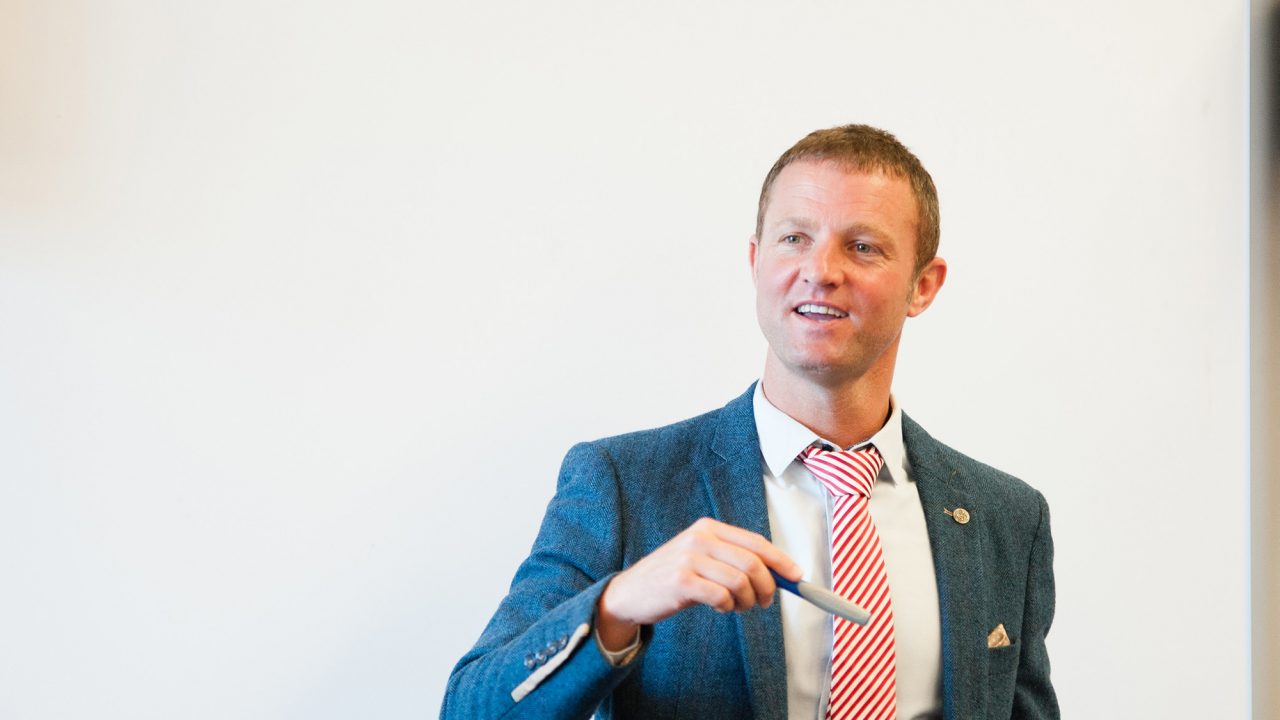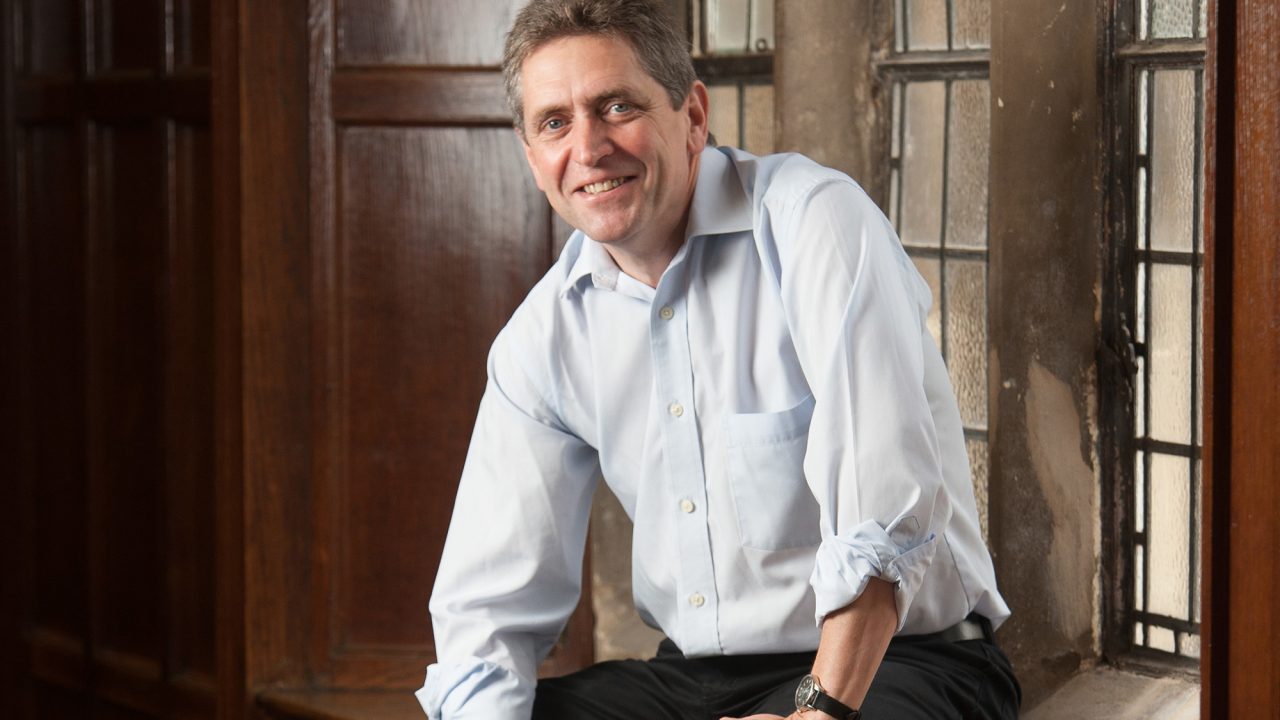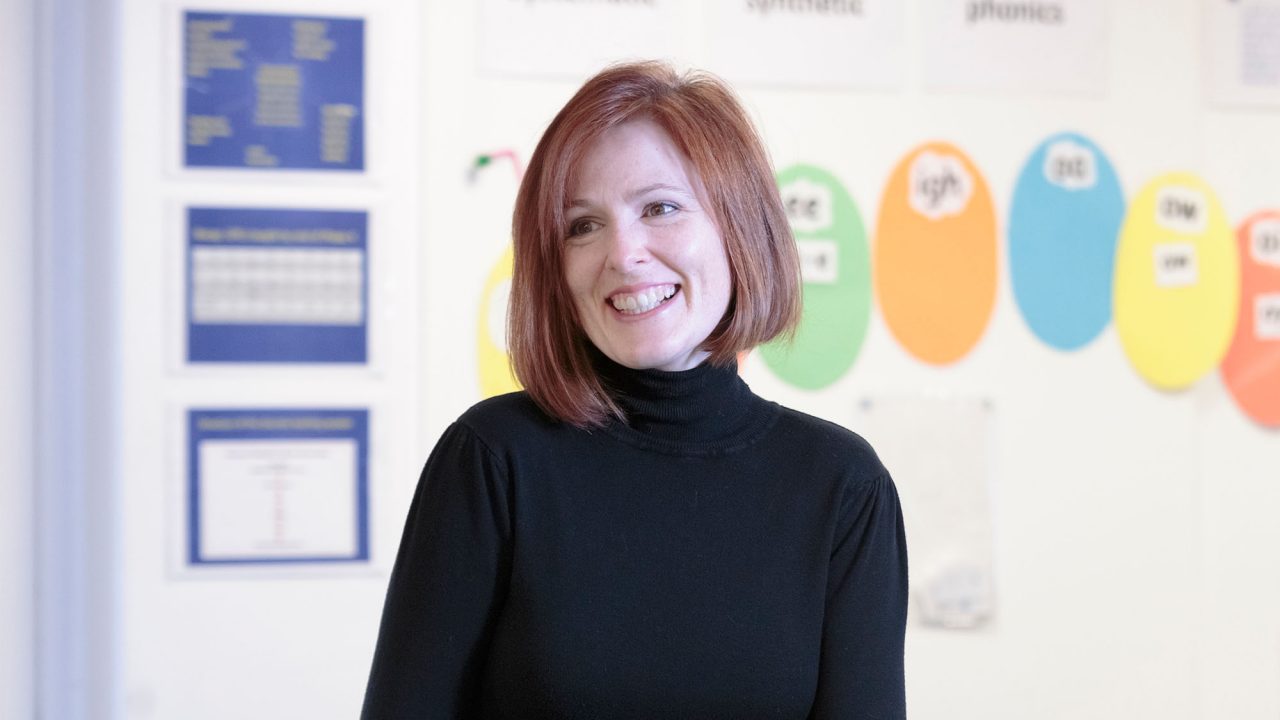A master’s degree or equivalent in a subject area relevant to the proposed research topic
The Doctor of Education (EdD) differs from a PhD in that it’s primarily focused on professional rather than theoretical issues and is aimed at those who’ve already been employed in the education sector for a number of years, as lecturers, teachers, consultants, advisers or inspectors. Through this programme, you can both challenge and enhance your practice by engaging with relevant theory, policy and empirical research.
The EdD attracts a diverse range of educational professionals. Students work across a range of education sectors, including higher education, local authorities, schools and colleges and early years settings.
There are taught sessions in groups and individual supervisions, in addition to visiting professors and fellows who may enhance provision.
The taught phase introduces you to methodological, political, philosophical, sociological and epistemological concepts that will underpin issues that emerge from the professional context. You’ll join a supportive community and study four modules – three with academic content and one focused on research methods. The entire programme has four cross-cutting themes: Leadership, Inclusion, Sustainability and Childhood, Youth, Families and Community.
During the thesis phase you’ll work on a research question of your choice with the support of two supervisors.
A master’s degree or equivalent in a subject area relevant to the proposed research topic
Professional experience of an educational role or setting
We do not require a research proposal at this stage. Please submit a sample of your academic writing. This could be a Masters assignment, an article or similar, but it must be written by you as the sole author.
EU and international students need IELTS 6.5 overall (with a minimum of 6.0 in writing and 5.5 in any other component) or equivalent.
You're viewing course modules for the course option. Choose a different course option to see corresponding course modules.
Here's an example of the types of modules you'll study (the contents and structure of the course are reviewed occasionally, but it is unlikely that there will be significant change).
Module information is not available for this programme.
You're viewing fees for the course option. Choose a different course option to see corresponding course fees.
| Start date | Course code |
Fee (UK) Fee per year |
Fee (international) Fee per year |
|---|---|---|---|
| October 2025 | — | £5,125 | £5,125 |
| February 2026 | — | £5,125 | £5,125 |
| October 2026 | — | TBC | TBC |
| February 2027 | — | TBC | TBC |
|
International students can benefit from a range of scholarships and bursaries across many undergraduate and postgraduate programmes. |
Find out more | ||
Our postgraduate research students cultivate a diverse set of skills that are highly valued in the UK and internationally, preparing them for successful careers within academia and beyond.
As a postgraduate research student at UoG, you’ll develop and refine a range of skills across research, academic practice, project management and critical analysis to equip you for your future. Whether it’s contributing to ground-breaking academic research or applying problem-solving skills in the workplace, we’ll ensure you’re ready to take on your next challenge.
This versatility opens doors to opportunities across various sectors, from education and research institutions to commercial organisations and NGOs, where you’ll have the confidence to apply your researcher skills and develop innovative solutions to meet your ambitions.
Sorry there are no available teaching staff at this time.
Demonstrate a critical awareness of the conceptual frameworks and policy background relevant to their chosen focus of study – eg inclusive education, educational leadership or other aspect of education – and show a critical review of alternative models.

On successful completion you’ll be able to develop strategic thinking and critical analysis to improve and guide your own and other people’s practice.

Work with leading practitioners, coaches, and professionals in specialist environments where you will develop your skills and gain real-world experience.
“Starting as a teacher in UK and Tanzania I soon switched to community-based environmental education, firstly in Leicester and then Mount Elgon, Uganda. My career has focused on international education and sustainability projects working for charities but with communities, large corporations and governments including the UN. I joined here in 2013 to follow my interest in teaching and research.”
Dr Paul Vare, Postgraduate Research Lead – School of Education


